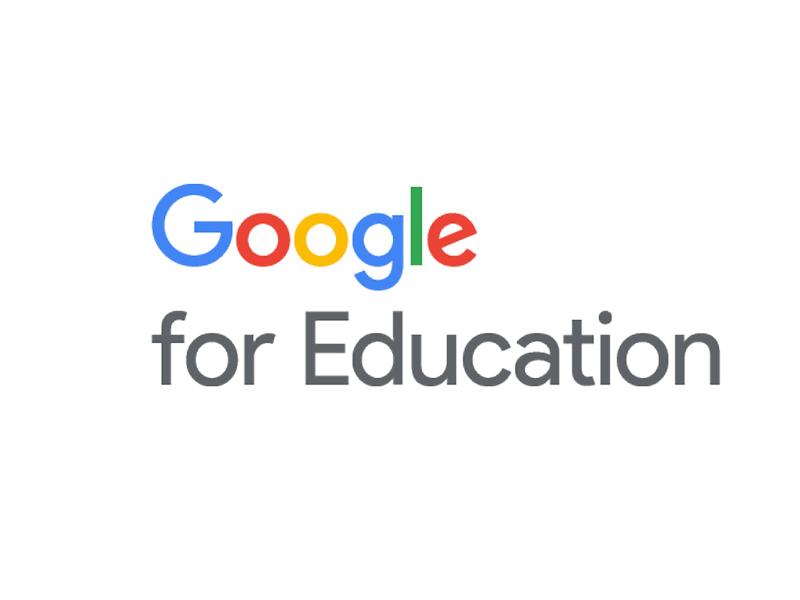
Looking beyond literacy to develop AI capability in students

Google for Education
Explore Google for Education tools for better student engagement and learning outcomes
There is a broad consensus within higher education that institutions must integrate AI into teaching and learning to help learners meet evolving skill requirements in an AI-driven world. A THE webinar, held in partnership with Google for Education, explored critical AI capabilities that graduates need today and how institutions can adopt a competency-based framework to equip students with these skills.
AI is increasingly ubiquitous and has prompted rapid changes within higher education and industry. Universities must now look beyond foundational AI literacy to focus on developing students’ ability to use and critically engage with AI tools in the real world. “It is becoming evident that building AI capability in students is essential for preparing them for the future workforce,” said Anna Artemyeva, head of UK, Ireland, Italy, Central Asia, DACH and EMEA at Google for Education.
Building AI capabilities among faculty members is also crucial, as is establishing standardised frameworks, policies and guardrails around AI use. “The University of Sheffield was quite early in introducing guidelines and a policy on being AI positive,” said Heidi Christensen, head of the School of Computer Science at the University of Sheffield. “This is an acknowledgement that this is a tool that [students] will be expected to be able to use with great skill and responsibility as [they] exit university. So, we should be teaching it within the university,” she said.
“It is important that we, as educators and curriculum designers, step back and say, ‘What are the competencies we’re looking for? What are the competencies that employers are looking for?’” said Scott Slorach, director of learning and teaching at York Law School. According to Slorach, the starting point for institutions in responding to recent advances in technology should be a complete redrawing of competencies.
In addition to preparing students for new career opportunities, universities now face the challenge of ensuring students are well-equipped to adapt to roles that are evolving. This makes skills such as problem-solving, resilience and curiosity increasingly essential for long-term graduate success. “For us, it’s been important to listen to what industry tells us they need,” said Christensen. “We have to work in a much more agile way now in higher education than we’re used to.”
Artemyeva outlined that Google for Education’s first step when partnering with a university is to identify the specific challenges and priorities unique to that institution. Step two focuses on supporting the university in developing AI skills among staff and students. “In parallel, we also run AI catalyst programmes to find best practice that are specific to the university and have the highest impact on the staff performance and student outcomes,” she said.
Keeping up with the pace of technological change is a challenge for everyone, said Artemyeva. “Building a dialogue and strengthening AI literacy and AI capability helps us to navigate the change. Creating AI champions and communities within the university is also important.”
The panel:
- Anna Artemyeva, head of education for the UK, Ireland, DACH, Italy and Central Asia, Google for Education
- Phil Baty, chief global affairs officer and chief operating officer, THE (chair)
- Heidi Christensen, head of the School of Computer Science, University of Sheffield
- Scott Slorach, director of learning and teaching, York Law School, University of York
Download the white paper Global lessons in AI capability: building critical engagement across higher education.
to Google for Education’s Edu on Air Higher Education EMEA programme. the Google for Education team.
